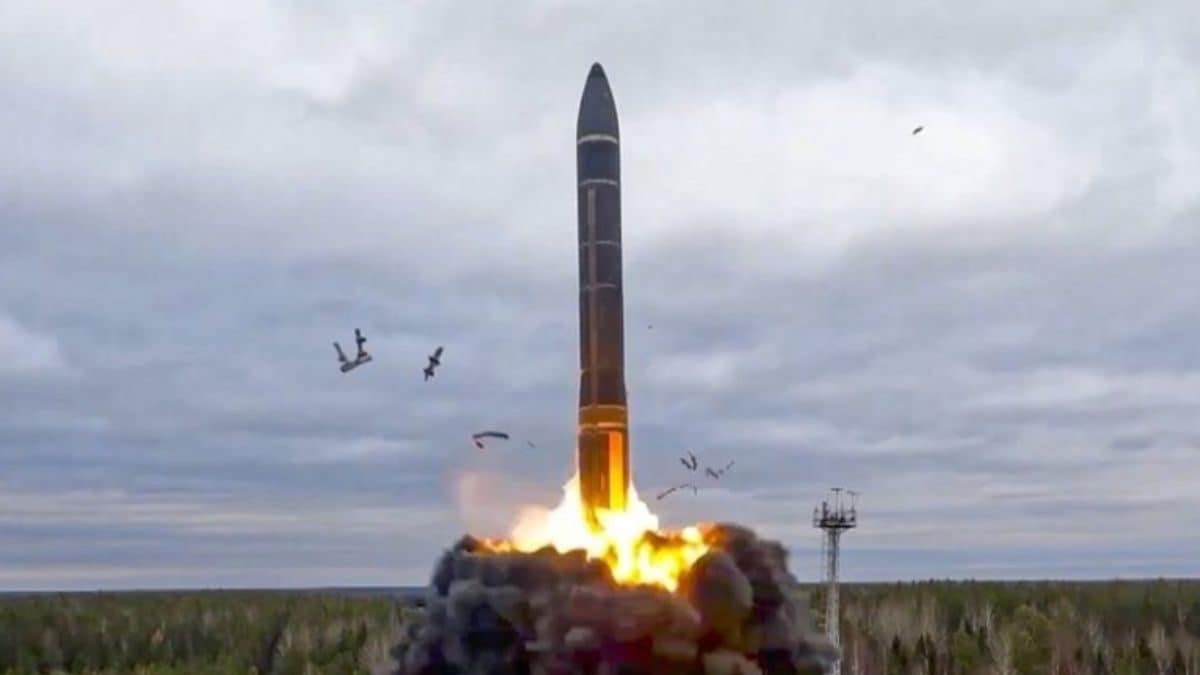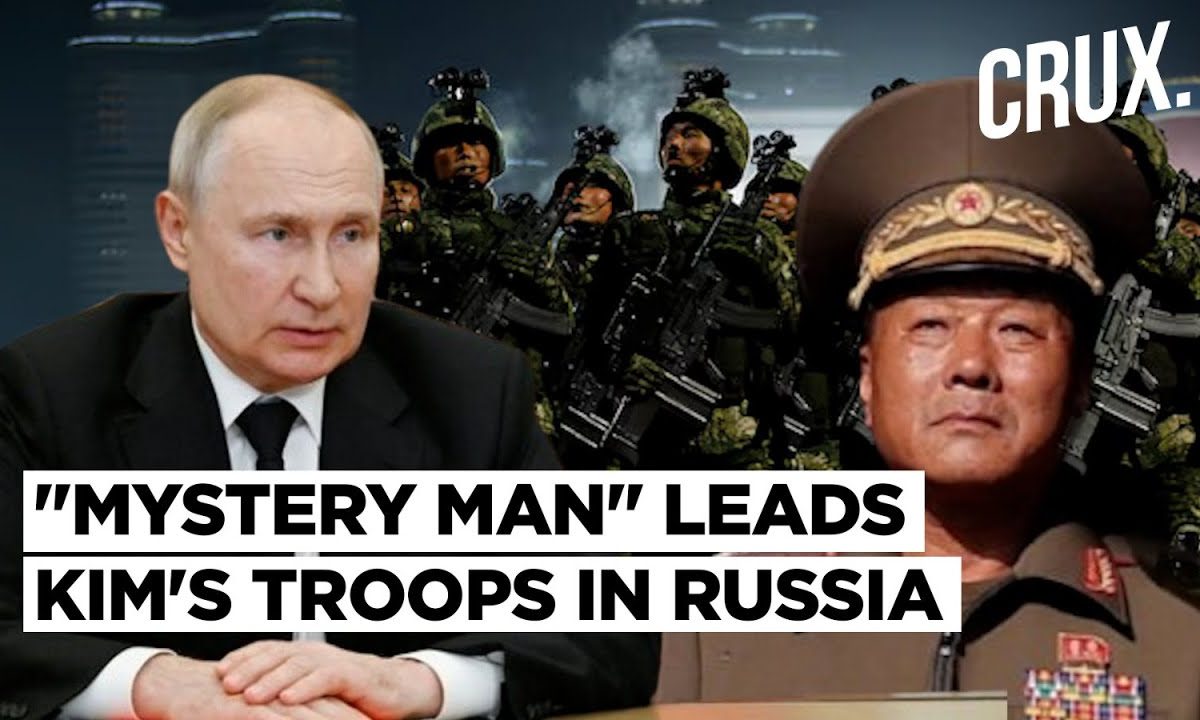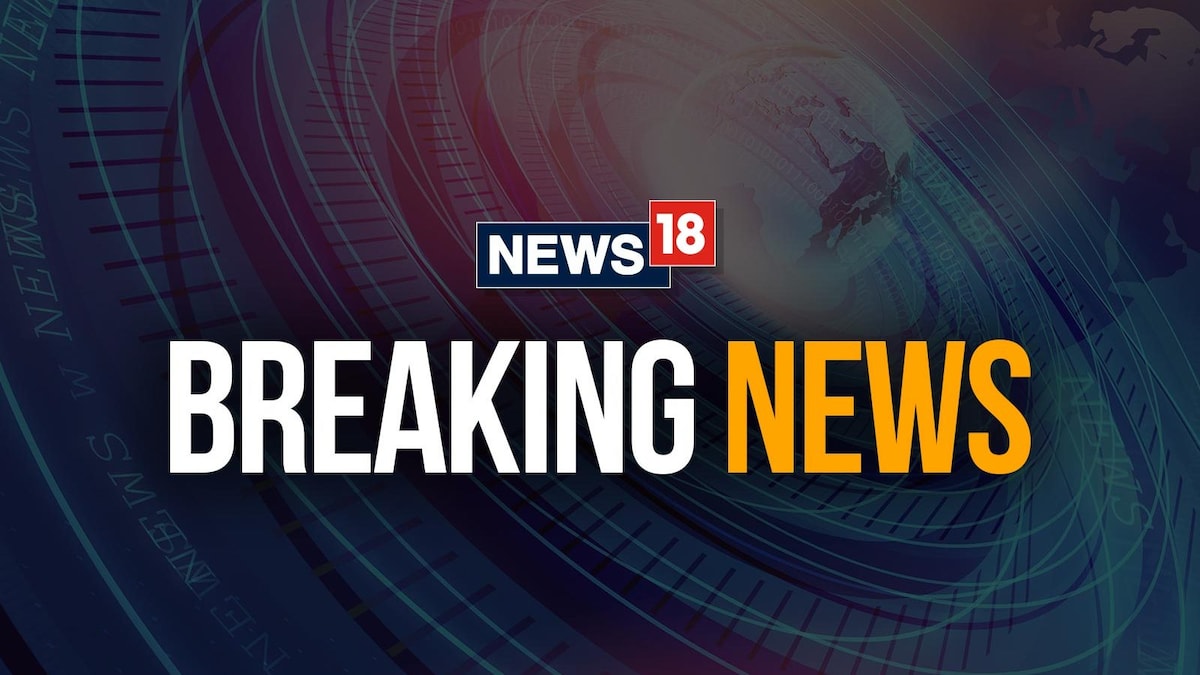The long pending United Nations Security Council (UNSC) reform continues to be a big talking point. On Sunday, Quad leaders called for urgent reforms to the UNSC to make it more representative and accountable, and also called for its expansion to include representation from more countries.
After the leaders’ summit in US President Joe Biden’s hometown, Quad leaders called for expanded permanent membership to include representation from Africa, Asia, Latin America, and the Caribbean. “We will reform the UN Security Council, recognizing the urgent need to make it more representative, inclusive, transparent, efficient, effective, democratic and accountable through expansion in permanent and non-permanent categories of membership of the UN Security Council,” the joint statement read.
“This expansion of permanent seats should include representation for Africa, Asia, Latin America and the Caribbean in a reformed Security Council,” it added.
US also supported the call for permanent membership for India at the UNSC. “President Biden shared with Prime Minister Modi that the United States supports initiatives to reform global institutions to reflect India’s important voice, including permanent membership for India in a reformed UN Security Council,” the joint fact-sheet released by the White House read.
What UNSC Reform Seeks
The question of equitable representation has been on the Assembly’s agenda since 1979. However, the calls for reform grew louder amid widening conflict worldwide.
The UN General Assembly had concluded its discussion on Security Council reform in November 2022, when member states had agreed on the need to modernize the 15-member body to maintain the relevance of the United Nations. With the UNSC failing to pass resolutions to stop the Russia-Ukraine war, questions were raised on the veto power with some permanent members.
The veto is not a right, but rather a privilege unfairly granted to some Member States in violation of the United Nations Charter, the representative of Iran had emphasised. He had also noted that the majority of the Council’s members were Western nations.
Several member states had also supported expanding both the permanent and non-permanent member categories when it came to the Council’s membership. Additionally, many speakers had also endorsed adding more seats for Africa.
The representative of France, a permanent member of the organ, had also supported the candidacies of Brazil, Germany, India and Japan for permanent membership as well as a stronger representation of African nations.
Renewed Call For Reform After Israel-Gaza War
With the Israel-Gaza war that began in October 2023, there were renewed calls for UNSC reform and expansion. “Violence and war continue to spread in regions across the world, while the United Nations seems paralyzed due largely to the divisions in the Security Council,” Dennis Francis, former President of the UNGA had said.
He called on the member states to “grasp this opportunity” to break through ingrained positions, and to promote Security Council reform through practical steps that support effectiveness and represent the full diversity today’s world.
In their statements, UN Member States reiterated that reform was more urgent than ever. Speaking on behalf of the group of developing countries from Africa, Asia and the Pacific, together with Latin America and the Caribbean – Deputy Permanent Representative from Saint Vincent and the Grenadines, Nedra P Miguel, said it was a “stark reality” that the Council is “no longer fit for purpose.”
Similarly, speaking on behalf of the Arab Group, Jamal Fares Alrowaiei, Ambassador and Permanent Representative of Bahrain, called for an urgent need for real reform of the Council, emphasizing that the use of veto in an arbitrary manner had challenged its credibility.
India’s Stand on UNSC Reform
India has continued its efforts to advance the process of UNSC reforms, including active engagement in the Intergovernmental Negotiations (IGN) on Security Council reform. As part of the G4, which includes Brazil, Germany, and Japan, New Delhi has advocated for expanding the UNSC to include more nations as permanent members to reflect current geopolitical realities.
Prime Minister Narendra Modi and External Affairs Minister S Jaishankar have been vocal on the reform issues in their speeches at the UN stage in New York.
During his visit to France in July 2023, PM Modi pitched for India’s “rightful place” in the UN Security Council. Calling for reforms in the global body, PM Modi said it epitomises the dissonance of an institution not in step with a changed world order.
“How can we talk of it as a primary organ of a global body, when entire continents of Africa and Latin America are ignored? How can it claim to speak for the world when its most populous country, and its largest democracy, is not a permanent member,” he asked.
“I think most countries are clear on what changes they would like to see in the UN Security Council, including on the role India should play. We just need to listen to their voice and heed their advice. I must appreciate the clear and consistent position that France has taken in this matter,” he added.
Earlier this year, EAM Jaishankar had also said a “radical change” in the global order was the need of the hour. Taking a dig at China, Jaishankar said the biggest opposer to the UNSC reforms is not a Western country. “The West, as the dominant force earlier, is largely responsible for where we are today. The new players haven’t helped. If you take UN Security Council (UNSC) reform, the biggest opposer is not a Western country,” he said without naming China.
“So, let’s get the totality of the problem right. We have to battle bit-by-bit to create groups for change,” he added.

 1 month ago
1 month ago















